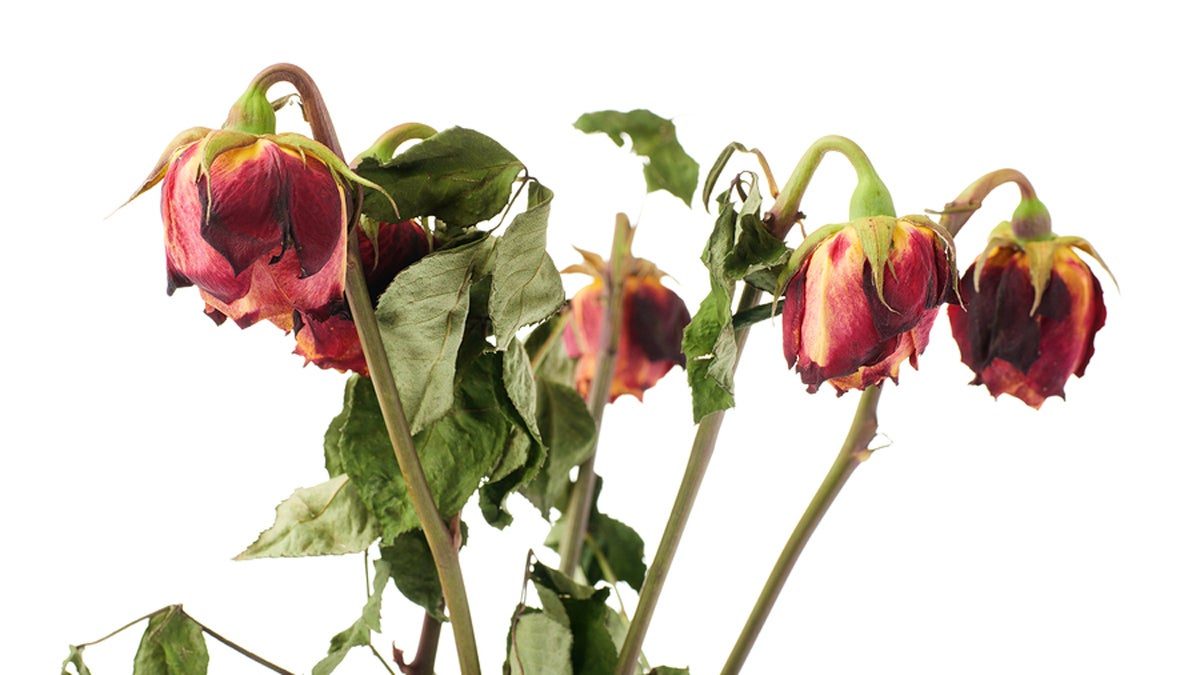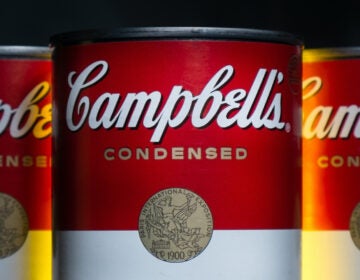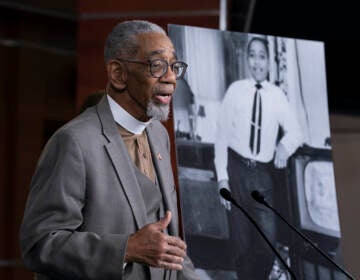If people get interracial marriage wrong, it can be worse with divorce
My first real clue that things actually weren't as rosy as I thought came when people anxiously wanted to know if I would keep my married name.

(exopixel/Big Stock Photo)
This year marks the 50th anniversary of Loving v. Virginia, the U.S. Supreme Court case that overturned state laws banning interracial marriage. Over five decades, interracial relationships have become more common across the United States, but those couples still face some unique challenges.
Inspired by “The Loving Project,” a podcast featuring the stories of mixed-race couples, we are asking readers to submit essays about their own experiences.
—
“Ma-ba-so. That’s … unusual. Are you … from here?”
It’s become a bit of a ritual over the last 10 years with many people who ask for my ID, or take my full name over the phone.
I was born in Western Pennsylvania and grew up in Maryland, but over the last decade, Americans who see my whole name and deduce that it’s a tad foreign-sounding have often asked what country I’m from. Italy? Russia? Ireland?
The people who guess somewhere in Africa — even though they don’t name a specific country — are onto something.
Every time somebody claims that racism isn’t a problem anymore, I think of the time I was job-hunting in Philadelphia and asked a colleague for feedback on my resume. Part of the advice she reluctantly relayed was to take my married name, “Mabaso,” off of my resume, and go by my maiden name, “Johns.”
Otherwise, potential employers would see my name, assume I was black, and throw my application in the trash.
Good riddance. If a company would refuse to interview me because they thought I wasn’t white, I wouldn’t want to work there anyway.
Soon after I got married in 2007, I was in pretty good company. According to a new Pew Research Centers study, 10 percent of married American people overall had a partner of a different race or ethnicity in 2015. And 17 percent of newlyweds were interracial couples. Sharply rising numbers of interracial relationships, and growing social acceptance for them, are something to celebrate 50 years after the Supreme Court ruling that legalized interracial marriage in all 50 U.S. states.
But the year of the Pew data is also the year I left that notable 10 percent: My divorce was finalized in 2015. And after spending more than 12 years in a relationship with a black man from South Africa, loved ones’ reactions to the split were painful to me, but not always in the ways I expected.
When I was married and visiting fairly segregated areas of my husband’s home country, death-ray stares from middle-aged whites were fairly common — as were verbal expressions of outright shock from black customer service workers who saw my name on my credit card, or community members who observed me with my in-laws.
When I got back to the Philadelphia area, I realized the tension I carried from these reactions. South Africa is a vibrant, beautiful, resilient country, roiled by many problems similar to those of the United States, but I was always glad to get back to a place where I didn’t feel like such an oddity for walking around with my spouse.
But my first real clue that things actually weren’t as rosy as I thought, even among my closest friends, came when people who learned about the impending divorce anxiously wanted to know if I would keep my married name.
I got the question so swiftly, so earnestly, and so repeatedly that I wondered if all recently divorced women (who had taken their ex’s name) are subject to the same interrogation—or if people’s pressing interest in this personal detail of mine had anything to do with my married name coming from a different race, a different country, and a different culture.
In other words, would I go back to a white-sounding identity? Or would I keep this confusing moniker that doesn’t seem to match my skin? It felt as if people were uncomfortable with that part of my identity, acquired through marriage — but didn’t voice it until they found out about the split.
But to get at what hurt me the most about people’s reactions to my divorce, I have to be honest about a painful truth of my marriage: I ended it after years of escalating verbal and emotional abuse.
As we celebrate greater acceptance for interracial marriage, we can’t make the mistake of idealizing it. Contrary to what many people implied to me over the years, there was nothing especially beautiful or worthy about my marriage because my husband’s skin and mine didn’t match. Our relationship was subject to the same joys, problems and risks as any relationship, and unfortunately, over time, my spouse revealed the classic patterns and behaviors of an abuser — characteristics that observe no racial or cultural boundaries, and have no source in racial identity.
But once people heard about the divorce, different versions of the same question started coming, from several close friends who are white.
“How can you be sure it’s not just cultural differences?”
Instead of having the truth of the abuse accepted, I faced insinuations that my marriage was ending because after a decade together, a white person born in the U.S. and a black person born in South Africa could not reconcile their “cultural differences.”
It was a denial of my traumatic experience, but worse, it seems like evidence that because of the differences between my husband and me, people had judged our marriage as less tenable and less open to communication and compromise than marriages between people with more similar backgrounds.
Late one night, messaging someone close to me about how my ex’s cruel and controlling personality was drawing out the divorce, my confidante, who is white, suggested that my ex’s behavior was to be expected because he is black.
My tears splashed all over the keyboard. I wrote something in all caps, but I don’t remember what.
She wasn’t the only one to utter similar opinions on the matter of my divorce.
And I was left with the excruciating reality that some people, even the ones who had smiled on my marriage for years, actually believed that the challenges of cultural differences are indistinguishable from an abusive dynamic. Or they believed my spouse’s behavior was a matter of his race, not his own nature as an individual.
What a horrible burden of bad expectations for black men who tenderly love their partners. What a rotten weight to hand to people who have survived abuse from partners of a different race.
If my husband had been white and American-born, like I am, and I had told people I was getting a divorce because the relationship was abusive, I doubt anyone would have suggested I actually was leaving because of “cultural differences.”
So as we mark this anniversary for interracial marriage in the U.S., I think we still have a long way to go.
WHYY is your source for fact-based, in-depth journalism and information. As a nonprofit organization, we rely on financial support from readers like you. Please give today.




